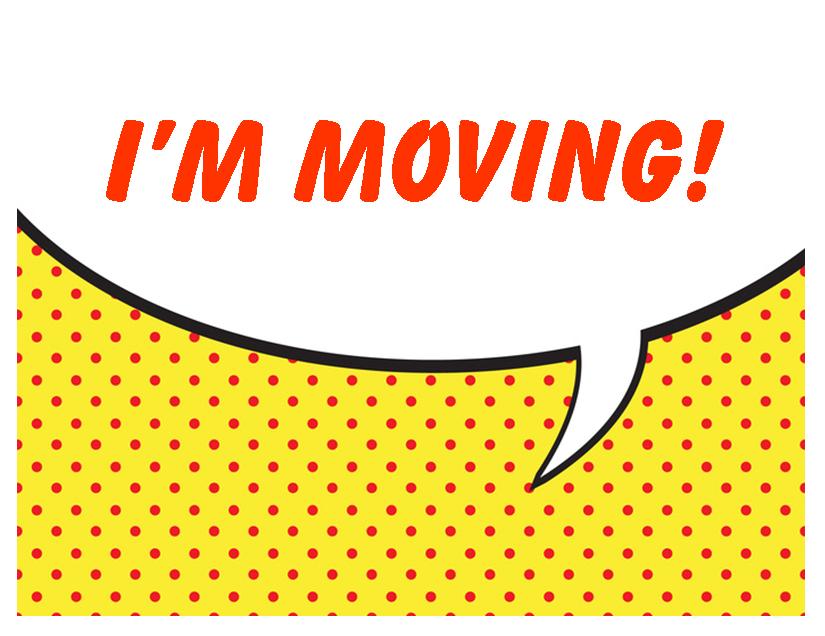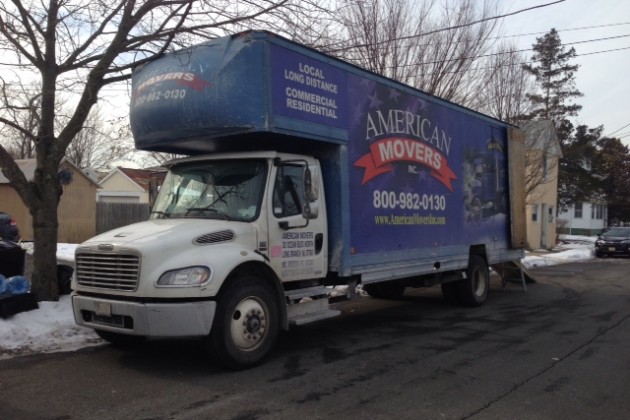5 Tips to Consider When Moving Your Family For Your Job
Is relocation for a new job worth it for your family? Here are a few ways to evaluate if moving your family for your job is the right decision.
![]()
1. Check-In with Your Family
The most significant discussion you can have with your family is making sure everyone is on board with this decision. Sitting your family down and openly discussing the positives and negatives of your relocation is a helpful way to answer any questions or ease any fears they might have about the move. Be prepared for your children to have uneasiness about this life change, as they most likely haven’t had to deal with as much unfamiliarity in their lives as you have. Remember to be patient as it may take some time for them to fully grasp what it will mean to relocate their lives. It can also be helpful to come prepared with a list of a few positive aspects of your new city. Is there an amusement park down the street? Will you be living next to the beach? Are there any interesting museums or indoor attractions that they might enjoy? All of these things can help them better envision the move.
2. Make Sure the Timing is Right
While it may be an ideal time for you to make a career transition, make sure that the timing will work for your spouse as well. If your spouse recently started a new position, is finishing schooling or is in the middle of a big life change, it may not be the best time to relocate. If your spouse is willing to move, you’ll want to make sure that your job is able to support both you and your spouse until he or she can find a new opportunity in the new city. If you have children, you’ll want to make sure that you’re not uprooting them at a crucial time in their schooling. For example, it’s always easier to move in the summer before school starts so that they can have a fresh start at a new school in the fall versus in the middle of the school year. You’ll also want to do your homework and make sure that the schools in your new area are up to par with your current city. After all, you wouldn’t want to move across the country only to realize that the school system is below average.
3. Calculate the Cost of Living
Relocating is an expensive undertaking, and a new city means different pricing on everyday staples like groceries, housing, electric etc. Before you accept a new position, you’ll want to realistically calculate the cost of living in your new city. Take a look at apartments or houses in the area and make sure that they are within your budget. If your new salary doesn’t cover the cost of living in your new area, you may want to reconsider your relocation.
4. Don’t Forget About Moving Expenses
Oftentimes a make or break aspect of relocating is whether or not your new company will cover your moving expenses. Atlas Van Lines reports that a single person moving from a one-bedroom, Los Angeles apartment to one in Chicago could spend approximately $2,240 for professional movers to load and unload a single mobile storage container. This cost can triple when you’re talking about moving an entire 5-person household. If your company won’t cover your expenses, experts suggest doing a cost-benefit analysis to weigh the professional opportunities as well as the financial sacrifices of your move.
5. Weigh What the Day-To-Day Will Be Like
After you’ve checked in with your family, weighed the cost of living and factored in moving expenses, the last thing you’ll want to consider is what your day-to-day will be like. Each city offers something a bit different and while you may love living in New York City, you may not enjoy Los Angeles or vice versa. You’ll want to weigh factors like weather, commuting times, transportation options such as public transportation versus driving, and extracurricular opportunities in your new city. If you’re really involved in a church group or an artist community in your current city, you’ll want to make sure that you can find something comparable in your new city. You’ll also want to make sure that if you are relocating away from friends and family that you and your own family will be okay during the transition. It takes awhile to make new friends and build relationships and if you’re not prepared for it, it can make the move a lot harder.









